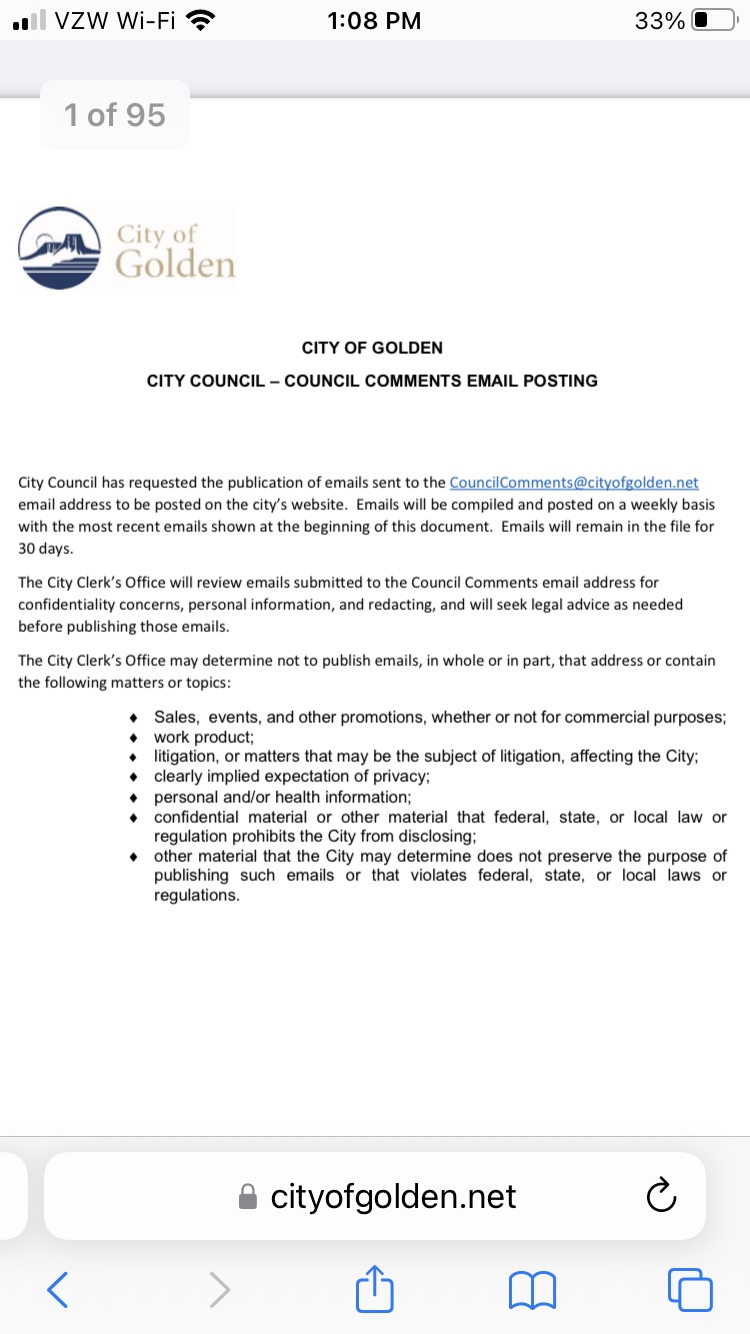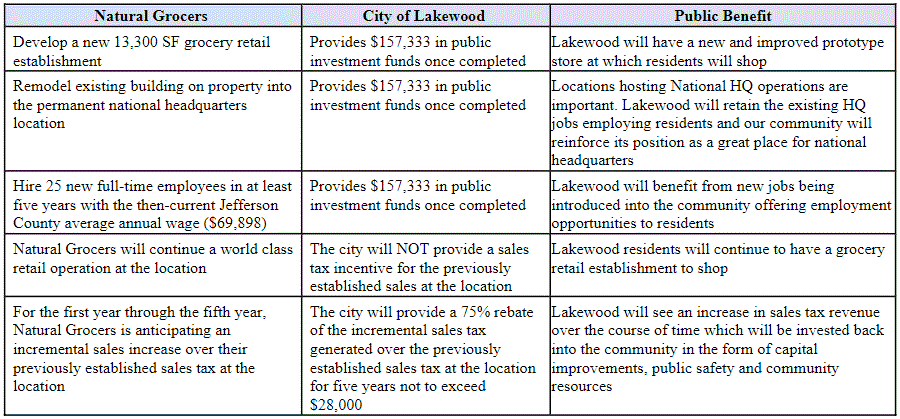The March 13th Lakewood City Council meeting included 3 hours of public comment, mostly regarding short-term rentals (STRs). People spoke both for and against STRs. However, the biggest reveal was that ALL sides spoke about the lack of enforcement of current ordinances, which leads to speculation of how new measures, like censure, may be implemented.
Public comment shows residents perplexed at the city allowing illegal STRs for years. However, the city argues STRs are not illegal because the words “short-term rental” cannot be found in ordinance, so they have never stopped the activity. Residents argue that STRs are commercial lodging, like hotels, that has long been banned in Lakewood through zoning.
At one point, “The [Lakewood] Planning Department determined that short term rentals are most closely related to Bed and Breakfast, which is only allowed in certain residential zone districts, with a Special Use Permit. This action banned short-term rentals in the City of Lakewood, unless reviewed and approved via the Special Use Permit Process, which requires a public hearing in front of the Planning Commission.“ (see pg 4 of the 2018 memo for more details)
The STR ban was never enforced.
No member of the public spoke with confidence that the city will enforce these new ordinances either.
It is important to remember that there are advantages to STRs. However, when you start so far below the trust curve, at the first sign of a problem, people will not be patient while waiting for a resolution. They will know there is no resolution for them.
Parking
Many residents spoke about the parking problem that has been worsening in Lakewood. Where streets used to have one big family with extra cars or one long-term rental with extra neighbors, now people are having to deal with student housing, group homes with unlimited residents and overflow from apartments with limited parking. These are not enforcement issues per se. The city will correctly point out that there is nothing illegal with extra parking used by students or apartments. Residents will point out that the city changed zoning to allow student housing and decreased apartment parking, thereby causing the parking problem. They are afraid STRs will be a similar situation of the city causing problems it cannot fix later.
Other Issues
Speakers raised other enforcement issues such as crime at light-rail stations and local stores. One spoke of neighbors who are hoarders, creating neighborhood annoyances and safety concerns. One spoke of long-term owners who didn’t maintain their homes. Another spoke of long-term renters growing marijuana. Speakers repeatedly expressed concern over problems they see, and the lack of action to make things better.
A rough tally of speakers shows that:
- 11 addressed enforcement problems;
- 8 wanted the original committee compromise of a primary residence STR;
- 7 residents were dissatisfied with the Council enforcing Council process
- 6 wanted STRs issues put on the ballot for voters to decide;
- 6 were supportive of business- owned STRs;
- 4 were against all STRs
Residents seemed to be asking why the city doesn’t enforce its laws, or why the city changes laws that cause problems for certain segments of the population.
Censure
At the end of the meeting, Lakewood Council decided to study censuring fellow Council Members. Members speaking in favor of the measure are concerned about the use of non-politically correct language in Council dialogue, and it is this issue which is the suspected trigger for censure.
Council has a duty to self-police and censure could be a useful tool if applied equally. However, this seems to be another rule that would be implemented selectively. In fact, one of the reasons censure was removed from Council procedures was that it was a tool used by the majority for political purposes only. (See the full discussion at 4 hour 27 min mark)
As a basis for implementation standards, Council Member Springsteen inquired about other alleged, censurable actions. The Mayor muted her – not once, but twice.
These types of behaviors do not indicate that Council is committed to self-policing, but rather that they may use a new rule to selectively mute opposition thinking and ideas.
Lakewood residents gave example after example of how bending ordinances for selective purposes led to a breakdown in trust that makes governing harder, not easier. For people to understand the government is working for them, for ALL OF THEM, they must see that actions are not intended for political purposes.
LAKEWOOD CITY COUNCIL, STUDY SESSION, MAY 21, 2018

